10 Network Outages And The Pain They Caused

Google's Gmail outage received a lot of notoriety this week, but it's not the only company to have experienced a network outage. Here's a look at 10 outages over the last couple of years.

Gmail was out for about two hours on Sept. 24, blocking users from their e-mail and contact lists. Also, Google's Chat and Auto-Complete tools were not working properly.
Gmail's users received a a message that appeared that the service, "is temporarily unable to access your contacts. You may experience issues while this persists."
Before the service was fixed, Google administrators said Thursday morning in a note on its Apps Status Dashboard that the Gmail outage only affected a "small subset of users," but simultaneously called the issue a "big deal."
Google should be glad to see the calendar change next week as Gmail also experienced a global outage on Sept. 1.

What September was to Google, August was to Twitter. The popular social media site was down twice in less than a week. In at least one case, Twitter was reportedly taken down by distributed denial of service (DDos) hacker attacks and rendered unusable.
The first attack took Twitter down for more than two hours, while the second one lasted only about 20 minutes, according to reports.
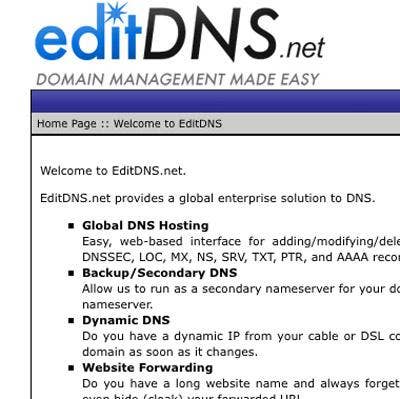
DNS provider EditDNS was the victim of a DDoS attack last week. The provider sent out an e-mail to customers detailing the effects that stated: "As this attack was very big, it was a huge blow to the EditDNS project. It was very time-consuming and very expensive to filter out the attack, pay for bandwidth overages, and add new equipment/servers. "
The attack consumed so much resources from EditDNS that it is changing its business model, according to reports. While 98 percent of its customers use the free DNS hosting option, EditDNS now plans to only offer "vanilla" DNS for free, with no advanced features like URL forwarding or mail forwarding, something that customers using the free service were able to take advantage of.
As we continue the evolution from a localized computing society to a cloud computing one, it becomes pertinent, especially for businesses using cloud services, to ask providers to outline their defenses and mediation strategies in the wake of a DDoS hit -- perhaps even demand that strategy be detailed in a contract. EditDNS' scramble to regain footing is unfortunate, but it may be a good lesson for the rest of us.
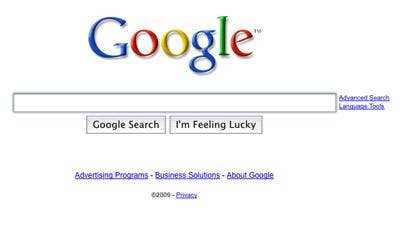
Months before its Gmail outages, Google suffered a network outage caused by its own admitted routing error that led to broken and sluggish online functionality for 14 percent of Google's worldwide users.
An "error in one of our systems caused us to direct some of our Web traffic through Asia, which created a traffic jam," explained Urs Hoelzle, a senior vice president in charge of operations at Mountain View, Calif.-based Google.
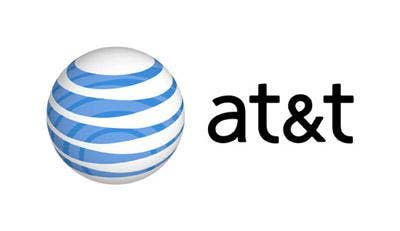
At least two separate acts of vandalism left AT&T phone, Internet and cellular users in California without use.
AT&T said sliced fiber optic cables were to blame. The company's official news feed on Twitter sent a message saying, "CA Outage Update: Repairs to vandalized San Jose cables were completed overnight. Services are operating normally this morning." The damaged cables were buried 10 feet underground but were accessible through a manhole cover, the San Jose Mercury News reported.
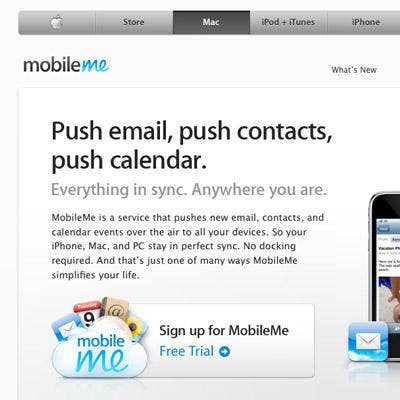
Subscribers to Apple's MobileMe service were left hanging for more than two hours due to "scheduled maintenance," but the outages were becoming more regular, according to users at the time.
Apple CEO Steve Jobs admitted in a leaked e-mail that rolling out MobileMe when Apple did was a mistake. "It was a mistake to launch MobileMe at the same time as iPhone 3G, iPhone 2.0 software and the App Store," Jobs said. "We all had more than enough to do, and MobileMe could have been delayed without consequence."

Microsoft suffered an outage that prevented users of Hotmail and other Windows Live Services from logging into their accounts for several hours.
The issue affected the log-in process for customers and "largely did not impact" users who were already logged in, said Samantha McManus, Windows Live product manager, at the time.
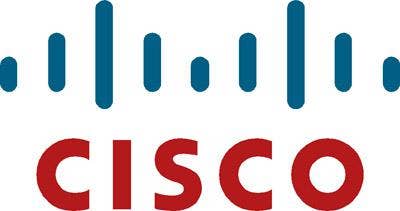
Cisco Systems experienced a service outage on its Web site that lasted most of a whole day.
Cisco admitted that some applications offered via its site had been interrupted but offered little detail as to what areas had been impacted. While the site itself remained operational, reports surfaced around the Web that areas such as software download, technical support documentation and ordering tools were not functioning. The company identified the mystery problem, but never shared details of the glitch.
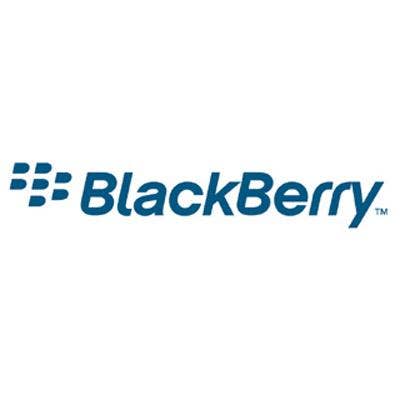
Millions of Crackberry users were left in the lurch when Research in Motion's service went down across the country for more than 12 hours. When service returned, RIM sent users an e-mail focusing the issue on "your carrier," which might be "still having issues."
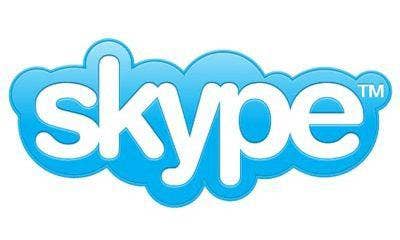
Skype experienced an outage that its owner, eBay, blamed on a Windows software update that overloaded the system and required too many users to restart their computers. But the outage lasted two days, causing Skype's 220 million users to be placed on hold.